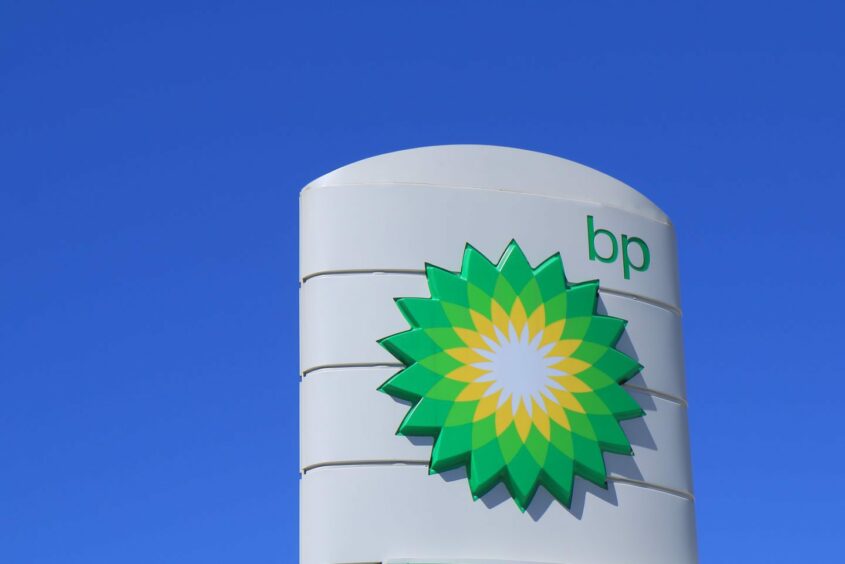
Jadestone Energy has announced the acquisition of a 16.67% interest in the producing North West Shelf oil fields offshore Western Australia from BP. The deal is in line with the London-listed company’s strategy of acquiring low-cost barrels at less than US$3/barrel, while establishing an entry position into what it describes as a “very high-quality long-life asset with very low decline rates.”
Jadestone, based in Singapore, will take a non-operated 16.67% working interest in the Cossack, Wanaea, Lambert, and Hermes oil fields development, known as the North West Shelf oil project operated by Woodside Energy, offshore Western Australia, for a total initial headline cash consideration of US$20 million.
“It’s another of what is becoming a trademark Jadestone deal – producing (oil) asset acquired from a willing seller at a good price,” Andrew Harwood, Asia Pacific research director at Wood Mackenzie, told Energy Voice.
“This is interesting in that it’s non-operated, but it’s likely Jadestone increase its participation by acquiring interests from the other partners,” added Harwood.
Simon Molyneux, managing director at Perth-based upstream consultancy Molyneux Advisors, told Energy Voice that “it’s a good deal in Jadestone’s context. Cash generative today. I believe Jadestone are thinking that incremental value can be generated by pushing out the abandonment date.”
“Perhaps we will see Jadestone building a larger stake and eventually taking operatorship from Woodside,” he added.
Jadestone chief executive Paul Blakeley said “we believe that over time we can exercise increasing influence and deploy our skills in mid-life oil field management. In particular we see material upside potential through infill drilling into reservoirs with very significant oil-in-place and, together with optimisation of operating costs, the life of the producing fields can be extended for several years. In the near to mid-term, further interests in the asset may become available, over which we would have pre-emption rights. We will initially participate in the joint venture without any incremental headcount or cost and will fund the acquisition through existing cash resources.”
“In addition, we will fund our share of the forecast decommissioning costs for the assets through early payments, demonstrating our commitment to providing clarity on this important issue for all our stakeholders,” he added.
The transaction includes the BP’s entire 16.67% working interest in the CWLH fields, subsea infrastructure, FPSO, and full abandonment liabilities estimated at US$82 million. Jadestone said it will also pay US$41 million upfront into the decommissioning trust fund for the assets.
Jadestone will make further payments to the decommissioning trust fund via two equal instalments of US$20.5 million payable on or about 31 December 2022 and 31 December 2023.
One industry source told Energy Voice that “it is easy cash flow. Back dated deal to 2020, which means the asset is paid for by the time the deal closes. And it is likely the liability is also funded by then as well. And it is non-operated, run by the North West Shelf JV, so I suspect the Australia regulator, NOPSEMA, will let it go through.”
A recent independent expert report prepared for the operator of the North West Shelf Oil Project valued a 16.67% stake at approximately US$80 million, based on an effective date of 1 January 2022, said Jadestone.
Cash flow positive oil production of approximately 2,100 bbls/d net to Jadestone, based on average production from the North West Shelf Oil Project in 2021.
Oil production from the North West Shelf Oil Project is low-sulphur, low-density and commands a premium to Brent, added Jadestone.
Unit operating costs for the Seller’s interest are estimated at US$22-23/bbl, and would be accretive to the company’s current unit operating cost guidance for 2022 of US$23-28/bbl.
The acquired assets are expected to generate EBITDA of approximately US$40 million in 2023 at a realised oil price of US$100/bbl.
Potential to add incremental reserves through infill drilling, targeting unswept oil across all four fields; and opportunity to extend asset life beyond 2031 (the initial design life of the Okha FPSO).
Recommended for you

